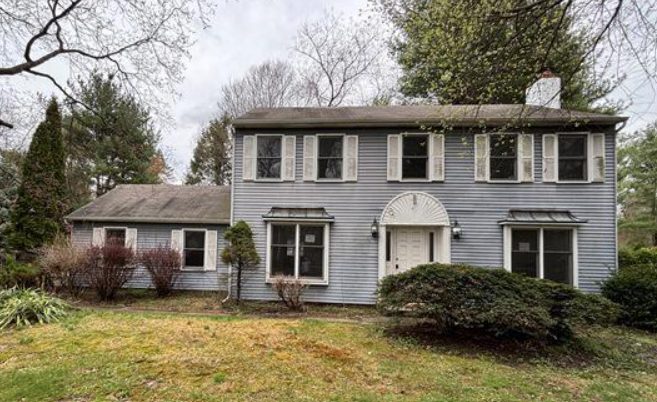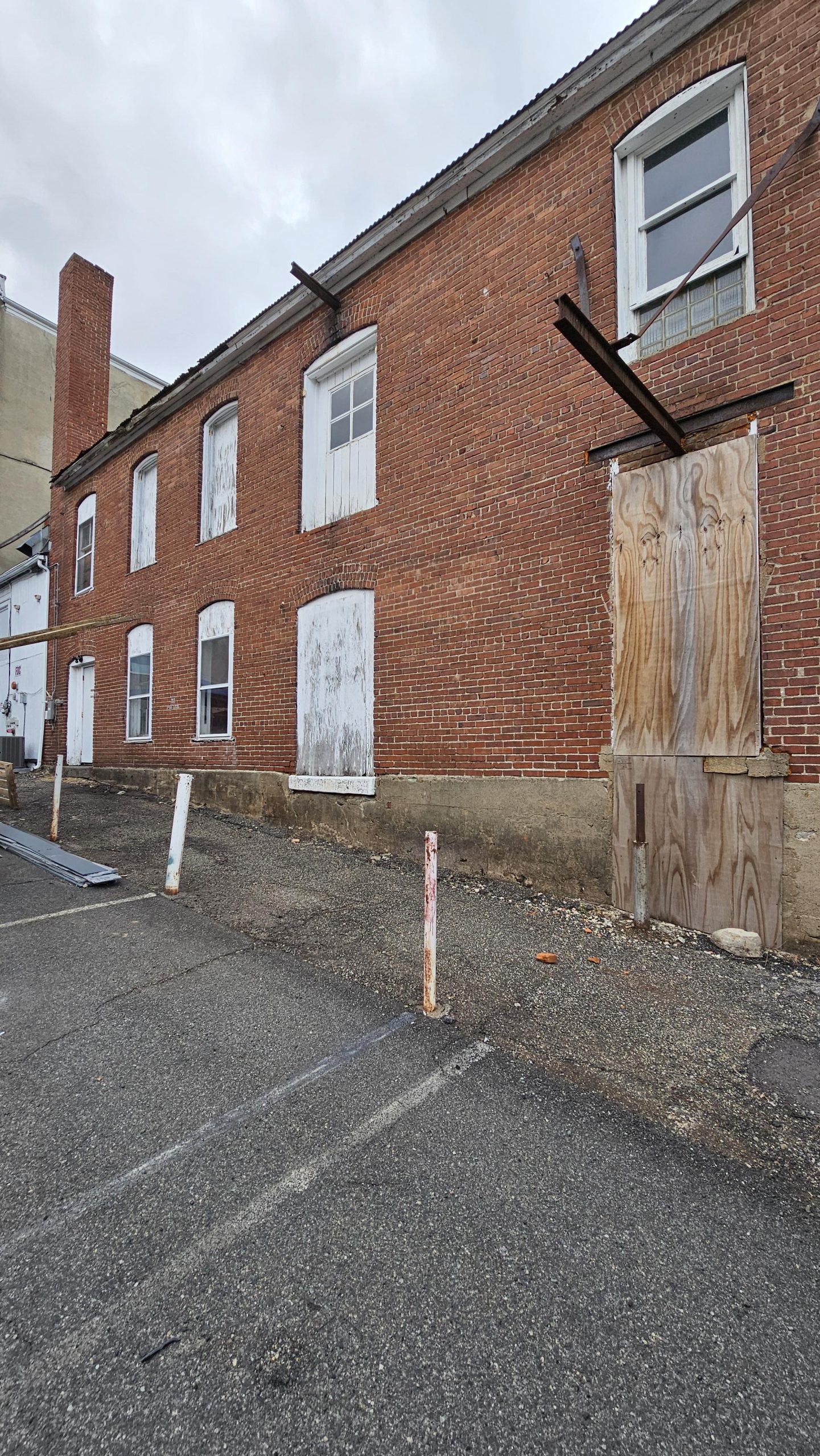Buying a home can be exciting—but it’s also complex, emotional, and filled with potential pitfalls. That’s why having a professional in your corner matters. A buyer’s agent is your advocate, guide, and negotiator throughout the entire home-buying journey. Here are my 10 benefits of hiring a buyer’s agent when purchasing a home:
1. Expert Guidance Through the Process
From getting pre-approved to closing the deal, a buyer’s agent provides step-by-step guidance. They help you understand paperwork, deadlines, and procedures so nothing falls through the cracks.
2. Access to Off-Market and New Listings
Agents often know about homes that aren’t publicly listed yet. Their connections and MLS access help you find more options—sometimes before they hit the market.
3. Strong Negotiation Skills
Negotiating the price, contingencies, and inspection results is part of a buyer’s agent’s job. They’re skilled at getting you the best deal while keeping the transaction on track.
4. Local Market Expertise
An experienced agent knows the ins and outs of local neighborhoods, pricing trends, school districts, and resale potential. That insight helps you make smart, informed decisions.
5. Understanding of Home Values
Buyer’s agents help you evaluate a home’s market value so you don’t overpay. They analyze recent sales, days on market, and price reductions to advise you accurately.
6. Support With Paperwork and Contracts
Real estate contracts are legally binding and often complex. A buyer’s agent helps you understand every clause and ensures everything is submitted correctly and on time.
7. Connections to Trusted Professionals
Need a lender, inspector, attorney, or contractor? A buyer’s agent has a network of reliable professionals you can count on to keep the process smooth and stress-free.
8. Objective Advice During Emotional Decisions
Buying a home is emotional. A good agent helps you stay focused on your goals, providing honest, objective feedback so you don’t make a rushed or regretful decision.
9. Problem Solving When Issues Arise
From appraisal problems to title concerns, issues can pop up before closing. A buyer’s agent knows how to resolve these challenges quickly to keep the deal moving forward.
10. They Work for You—Not the Seller
The listing agent represents the seller’s interests. Your buyer’s agent is legally and ethically committed to putting your best interests first in every part of the transaction.
Final Thoughts
Hiring a buyer’s agent gives you a trusted expert to navigate the home-buying process, advocate for your needs, and help you make confident decisions. If you’re thinking about buying a home, don’t go it alone—partner with a professional who puts your goals first.
Ready to buy a home or have questions about the process? Click here to request my Home Buyer’s Guide.
Or, let’s connect on social media. Click the icons to connect ⇒ ![]()
![]()

Laura Sawicki
Coldwell Banker Princeton

 Facebook
Facebook
 X
X
 Pinterest
Pinterest
 Copy Link
Copy Link























